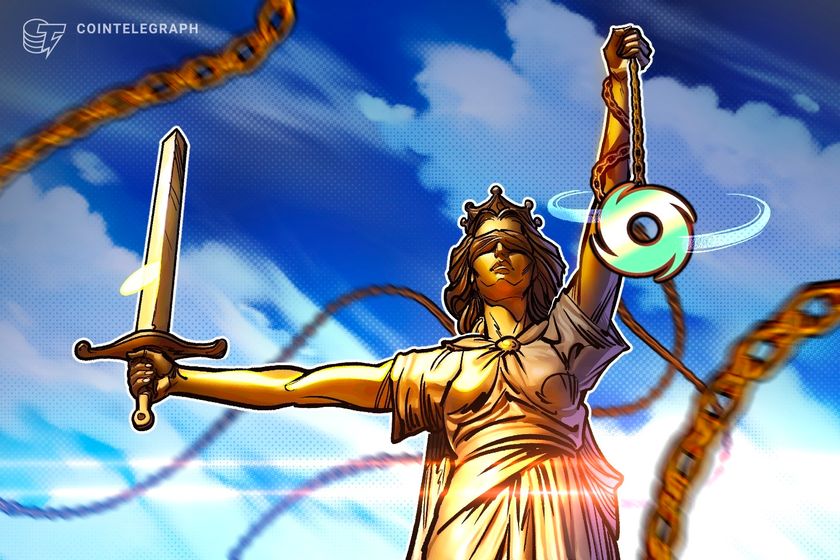

Spot Solana exchange-traded funds (ETFs) are set to launch in Canada on April 16, according to Bloomberg analyst Eric Balchunas.
In an X post on April 14, the analyst shared a private client note from TD Bank, a Canadian financial institution, claiming the Ontario Securities Commission (OSC) greenlighted asset managers Purpose, Evolve, CI and 3iQ to issue ETFs holding Solana (SOL).
The OSC did not immediately respond to Cointelegraph’s request for comment.
Canada does not have a federal securities agency, with its territories and provinces applying their own securities laws. Toronto’s securities exchange is regulated by Ontario’s OSC.
The ETFs are permitted to stake a portion of the SOL holdings for added yield, Balchunas said, adding that the upcoming listings are “our first look at the alt coin race.”
Source: Eric Balchunas
Related: SEC approves options on spot Ether ETFs
Waiting on US approval
The US Securities and Exchange Commission (SEC) has acknowledged dozens of applications to list ETFs holding alternative cryptocurrencies, or “altcoins,” but so far has only approved funds holding spot Bitcoin (BTC) and Ether (ETH) for trading.
Staking is still off limits for US crypto ETFs. Bloomberg analyst James Seyffart said Ether ETFs could be greenlighted to start staking as soon as May, but the process may take months longer.
However, investors’ demand for altcoin ETFs may be weaker than for funds holding core cryptocurrencies, Katalin Tischhauser, crypto bank Sygnum’s research head, told Cointelegraph in August.
“[T]here is all this frothy excitement in the market about these ETFs coming, and no one can point to where substantial demand is going to come from,” Tischhauser told Cointelegraph.
Volatility Shares’ SOL futures ETF has roughly $5 million in net assets. Source: Volatility Shares
In March, asset manager Volatility Shares launched the first ETFs to track Solana’s performance using financial derivatives.
Volatility Shares Solana ETF (SOLZ) has seen a lukewarm reception, attracting only around $5 million in net assets as of April 14, according to its website.
“FWIW, the 2 solana ETFs in US (which track futures so not a perfect guinea pig) haven’t done much. Very little in aum. The 2x XRP already has more aum than both the solana ETFs and it came out after,” Balchunas said.
Balchunas added that he “[w]ouldn’t read a ton into it” as a predictor for spot SOL ETFs.
Magazine: Bitcoin eyes $100K by June, Shaq to settle NFT lawsuit, and more: Hodler’s Digest, April 6–12



